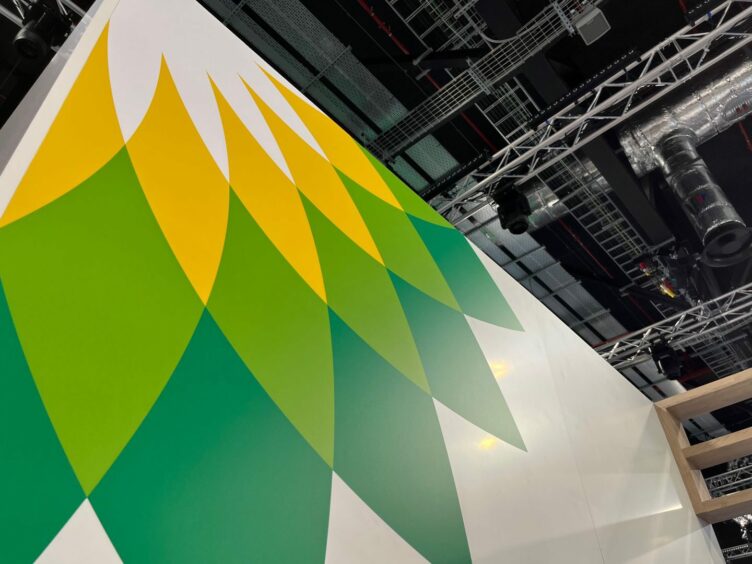
Oil giant BP (LON:BP) has reported a first quarter profit of $2.3 billion, significantly lower than the company’s $8.2 billion result in the same period last year.
BP’s result came in below analyst predictions amid lower natural gas prices and a US refinery outage, and trailed London-listed rival Shell’s first quarter result of $7.7bn.
The first quarter of this year saw a mixed result for oil and gas supermajors, with Shell, TotalEnergies and Chevron beating analyst predictions while BP and ExxonMobil fell short.
Despite the result, BP maintained the pace of its shareholder buybacks with a $1.75bn programme announced.
BP’s first-quarter underlying replacement cost profit reached $2.7bn, down 40% on its result in Q1 2023, while adjusted earnings before interest, taxes, depreciation and amortisation (EBITDA) reached $10.3bn.
BP chief executive officer Murray Auchincloss said the firm delivered “another resilient quarter financially” and said the company continued to make progress on its strategy.
“We are simplifying and reducing complexity across BP and plan to deliver at least $2 billion of cash cost savings by the end of 2026 through high grading our portfolio, digital transformation, supply chain efficiencies and global capability hubs,” he said.
Mr Auchincloss said oil production at BP was up and the company’s ACE platform in the Caspian Sea is now producing.
Reported production for the quarter was 1,463 million barrels of oil equivalent per day, 7.6% higher than the first quarter of 2023.
BP result a ‘temporary setback’
RBC Brewin Dolphin investment manager Stuart Lamont said as with Shell last week, BP investors were looking for “reassurance” on production volumes and capital discipline.
“However, BP has missed profit expectations on the back of lower gas prices, weaker margins, and operational outages,” he said.
“The extension to the share buyback programme and maintained dividend will, nevertheless, provide shareholders with some solace, both of which suggest BP’s management team sees this as a temporary setback and remains relatively optimistic about the near-term outlook.”
Recommended for you
